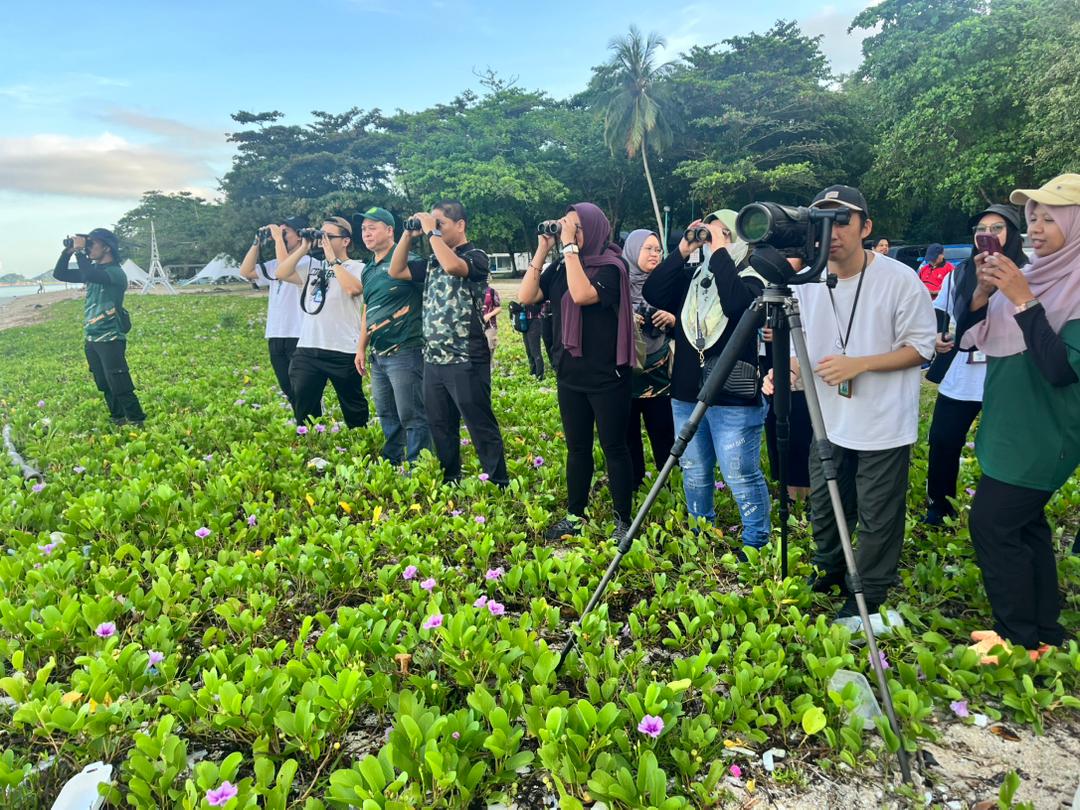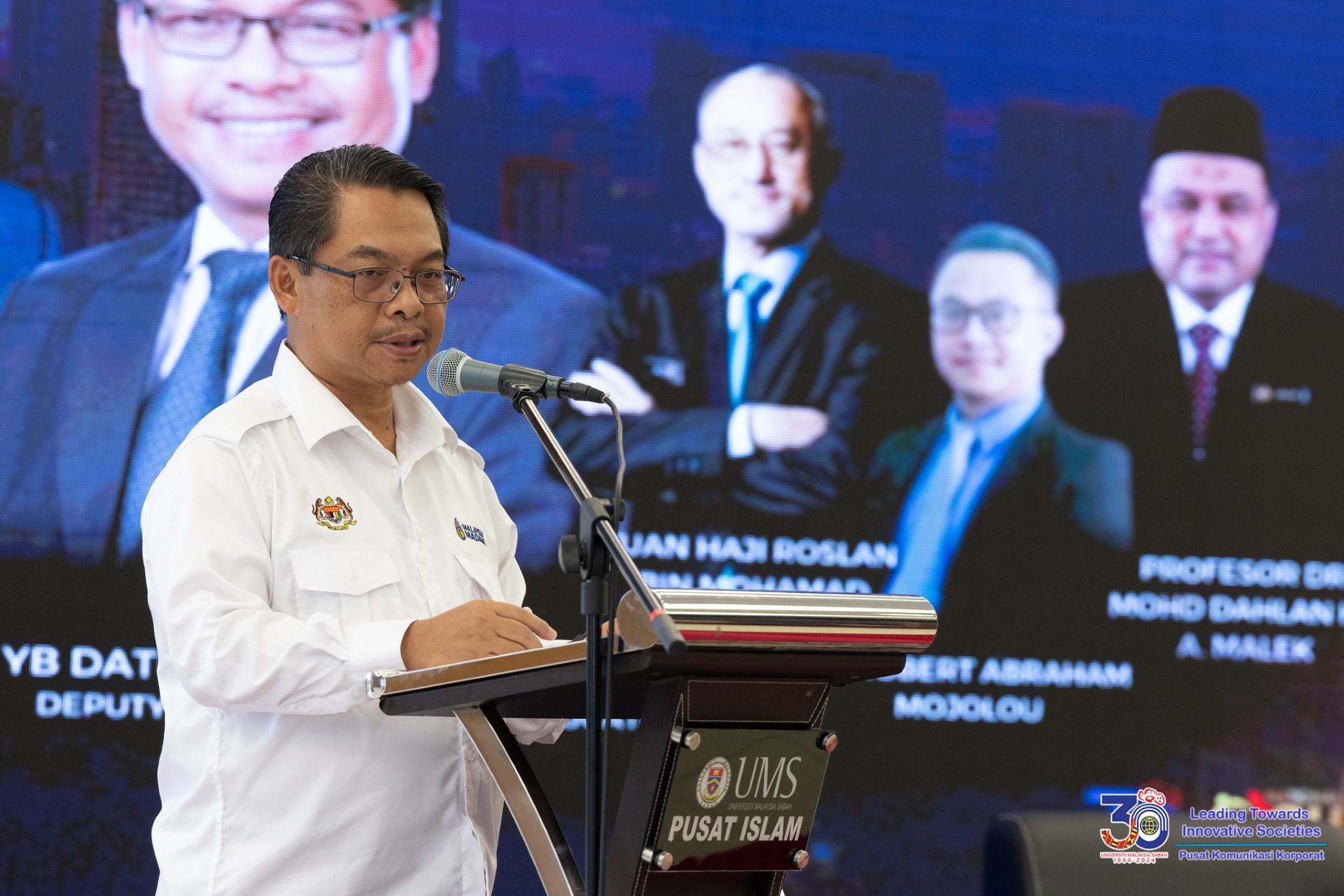 Universiti Malaysia Sabah (UMS) is set to lead the Sabah Higher Education Nexus (SHEN), a consortium that promotes strategic partnerships between higher education institutions in Sabah, the government, industry, and the community.
Universiti Malaysia Sabah (UMS) is set to lead the Sabah Higher Education Nexus (SHEN), a consortium that promotes strategic partnerships between higher education institutions in Sabah, the government, industry, and the community.
According to Deputy Minister of Higher Education, Datuk Ts. Mustapha Sakmud, UMS is seen as the ideal institution to spearhead this initiative.
“SHEN will drive collaborative development among all participating institutions, enhance institutional resilience, and contribute to an innovative and competitive higher education ecosystem.
“The Nexus approach fosters synergy between various sectors and higher education institutions with different focus areas.
“This means smaller or emerging institutions will benefit from this approach through resource-sharing initiatives, expertise from more established institutions, interdisciplinary collaboration, and broader research grant opportunities.
“SHEN is a management innovation that adds value to all involved institutions, enhancing visibility and credibility, economic and community development, and curriculum innovation,” he said.
He made these remarks at the inauguration of the Leadership Forum Embracing Change: Leadership Strategies for Continuous Innovation, organized by UMS and the Malaysian Higher Education Leadership Academy (AKEPT) recently.
Mustapha added that several strategies could help realize this initiative, including ensuring a clear vision for the direction of innovation, practicing flexible and adaptive leadership, and engaging stakeholders.
He noted that empowering academics and administrators to innovate, promoting lifelong learning, and fostering a culture of collaboration were also essential steps.
“Ultimately, innovation plays a crucial role in a dynamic environment where change must be managed effectively.
“In other industries, organizational collaboration has proven to enhance competitiveness and resilience, and the same approach can be applied by educational institutions through shared goals and a commitment to mutual growth, ensuring sustainability and excellence in higher education for Sabah and Malaysia,” said Mustapha.
The Sabah Higher Education Nexus (SHEN) program recorded 94 participants from 10 organizations.
Also present were AKEPT Director Professor Dr. Harshita Aini Haroon, UMS Registrar Luqman Ridha Anwar, and Dean of the Faculty of Psychology and Social Work, UMS, Prof. Dr. Mohd Dahlan Haji Abdul Malek.



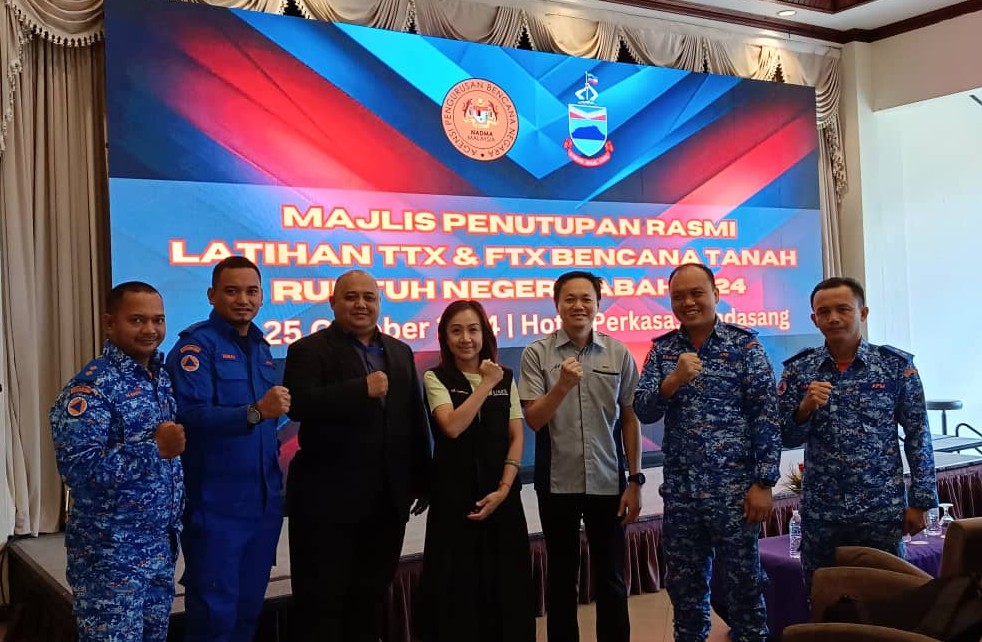 The Natural Disaster Research Centre (NDRC) of Universiti Malaysia Sabah (UMS) reaffirmed its commitment to disaster preparedness by participating in a Table Top Exercise (TTX) and Field Training Exercise (FTX) recently held in Kundasang.
The Natural Disaster Research Centre (NDRC) of Universiti Malaysia Sabah (UMS) reaffirmed its commitment to disaster preparedness by participating in a Table Top Exercise (TTX) and Field Training Exercise (FTX) recently held in Kundasang.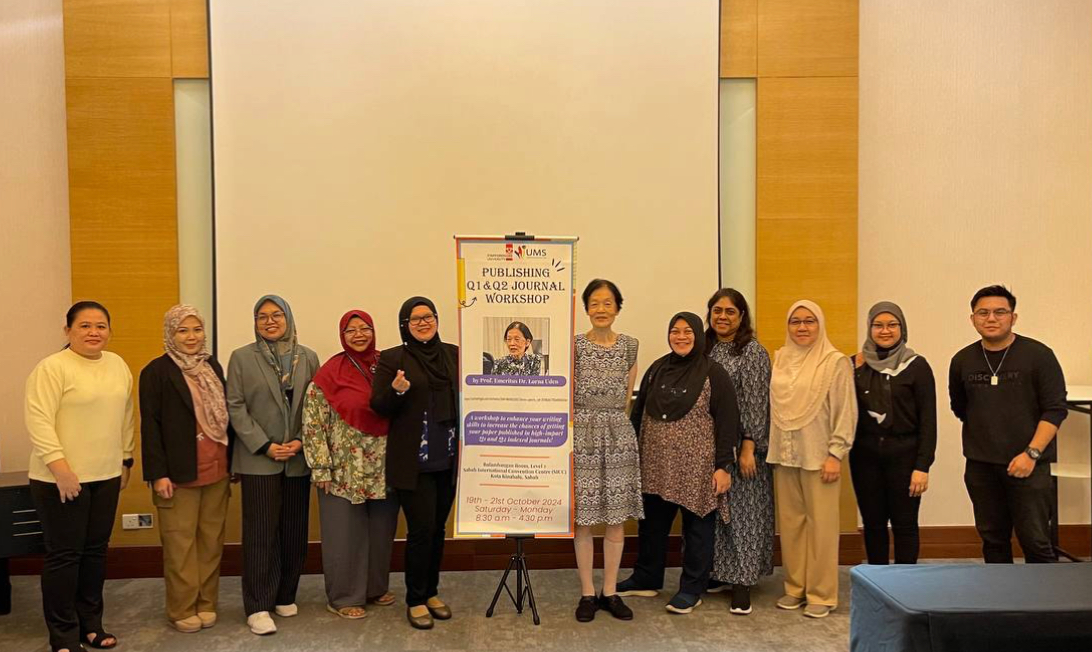 Writing and publishing in high-indexed journals is essential for academicians, enhancing their visibility and credibility in the scientific community.
Writing and publishing in high-indexed journals is essential for academicians, enhancing their visibility and credibility in the scientific community.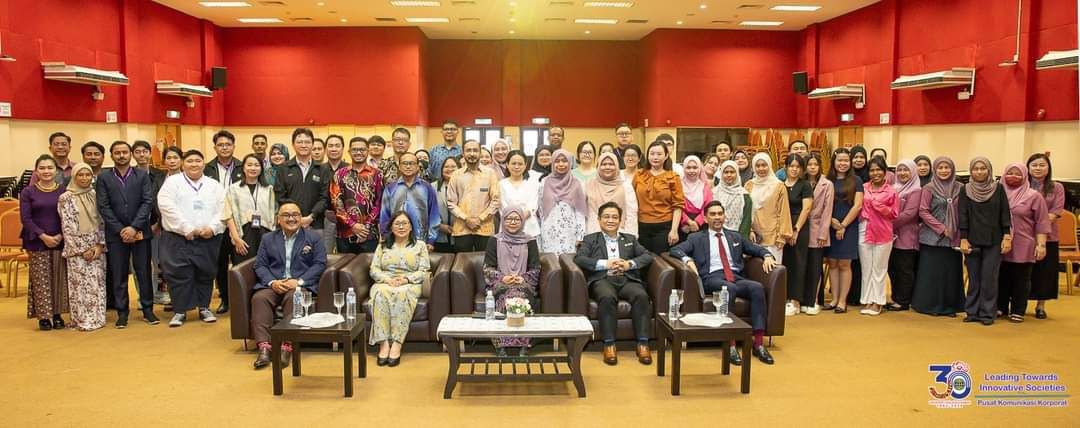 The Centre for Postgraduate Studies, Universiti Malaysia Sabah (UMS) has organized the Inaugural Borneo International Postgraduate Symposium (BIPS @ UMS 2024) with the theme “Contemporary Research: Valuing Inclusive and Sustainable Studies towards building Innovative Societies”.
The Centre for Postgraduate Studies, Universiti Malaysia Sabah (UMS) has organized the Inaugural Borneo International Postgraduate Symposium (BIPS @ UMS 2024) with the theme “Contemporary Research: Valuing Inclusive and Sustainable Studies towards building Innovative Societies”.